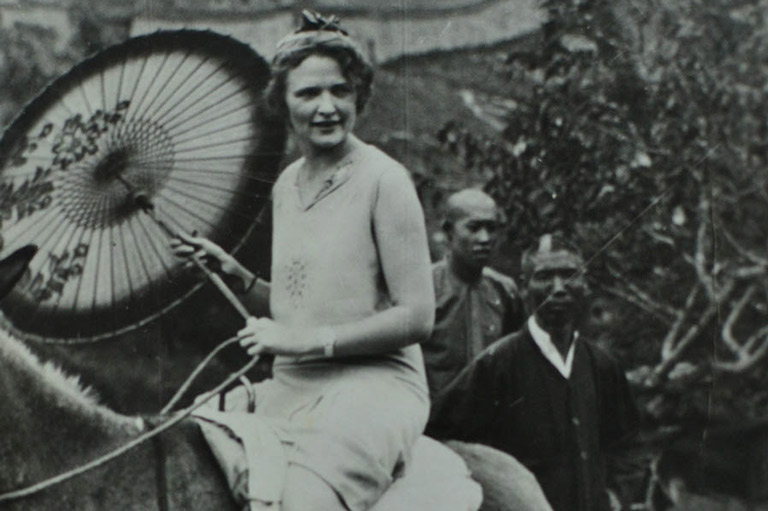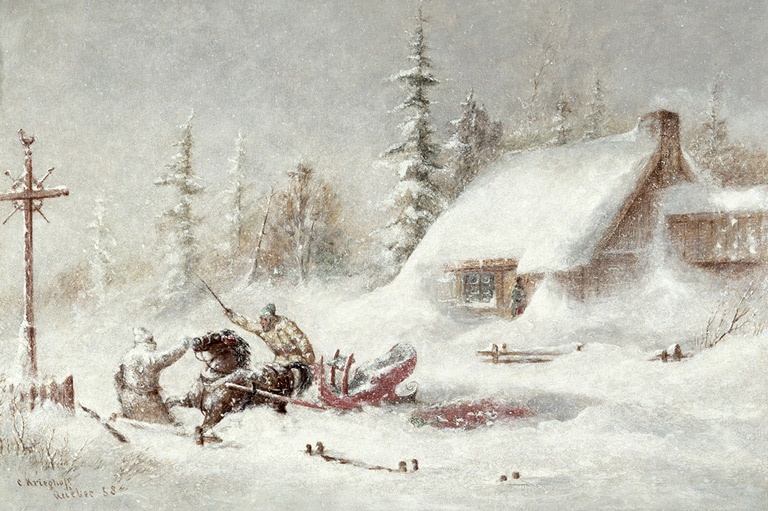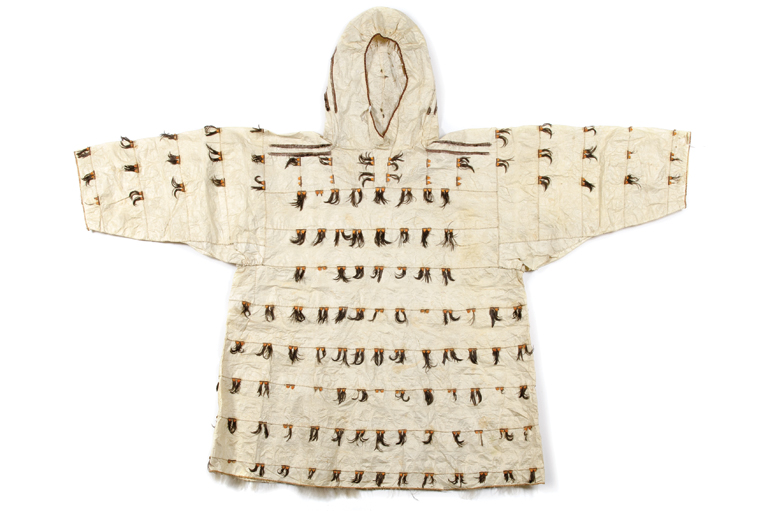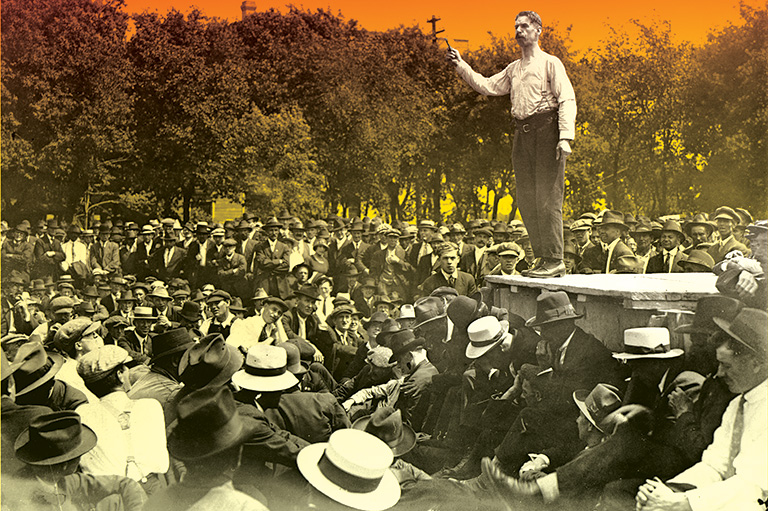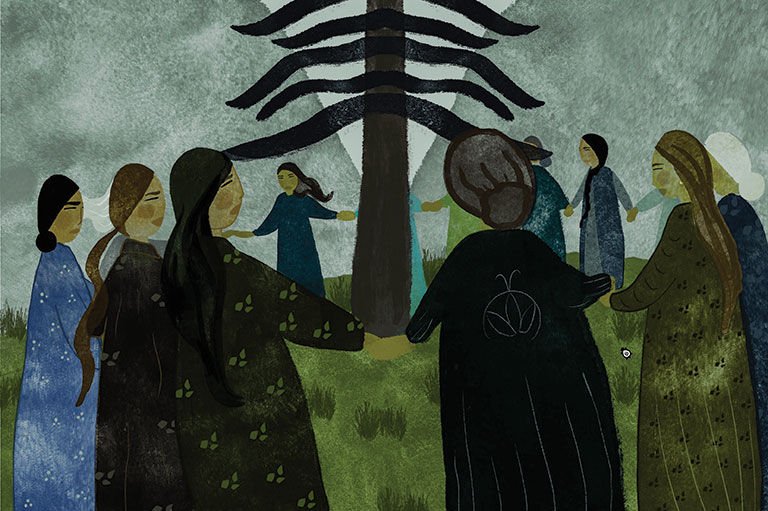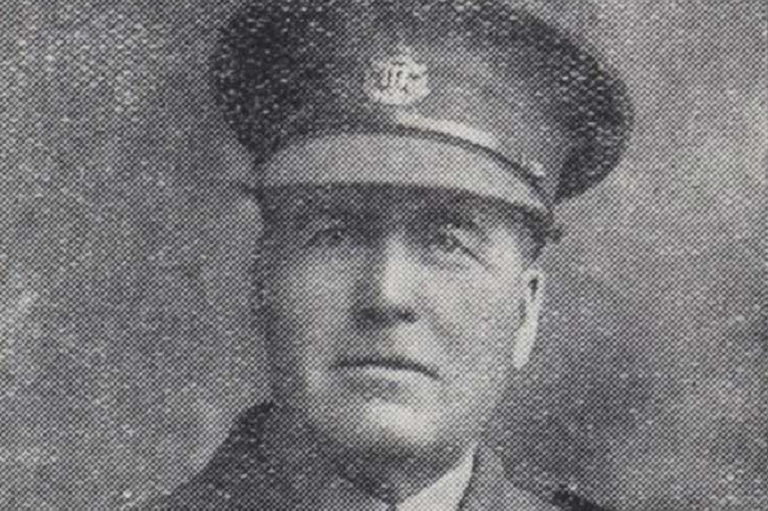The Regina Riot
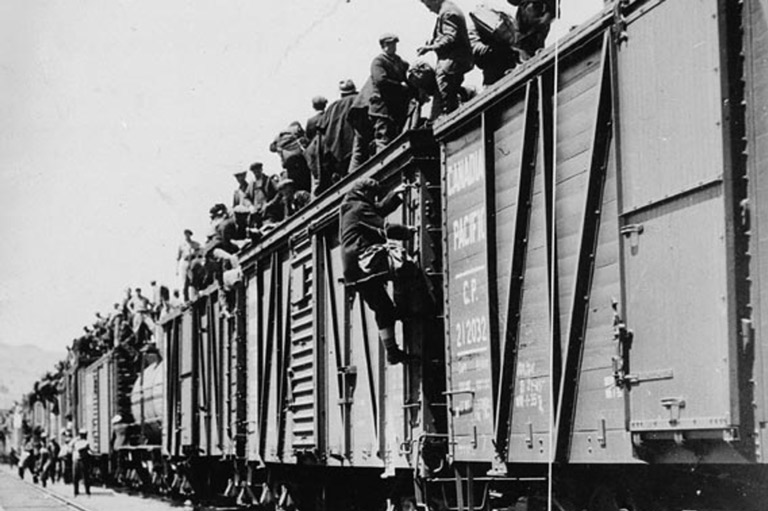
In early April 1935, hundreds of dissatisfied, disillusioned men walked out of Department of National Defence relief camps throughout British Columbia and descended on Vancouver in a bold attempt to reverse their dead-end lives and bring about some kind of “work for wages” program.
The walkout, coordinated by Communist-affiliated Relief Camp Workers’ Union, was a direct challenge to the R.B. Bennett Conservative government and its handling of the single homeless unemployed during the Great Depression.
For the first few weeks in Vancouver, the strikers eked out a hand-to-mouth existence, while the federal and provincial governments wrangled over responsibility for the men.
As the stalemate dragged on and strikers began slipping away, it was suggested that the men take their grievances to Ottawa and directly confront the Bennett government. This bold idea galvanized the strikers’ flagging spirits.
This short documentary by Ben Lies of Badlands Productions explains some of the factors that led to what became known as the On-To-Ottawa Trek.
The trek was a bigger gamble than the walkout. Ottawa was more than 3,000 miles away, and the strikers would have to travel there atop boxcars.
An estimated 1,000 On-to-Ottawa trekkers left Vancouver by freight train in early June 1935. No attempt was made to stop them. Police and government authorities confidently assumed that the resolve of the men would melt away like the snow in the interior mountains.
Even Prime Minister Bennett, convinced that the strikers had misplayed their hand, announced that his Conservative administration would simply watch from the sidelines.
Despite many hardships, the men made it through the mountains. By the time the men left Calgary, the trek had taken on the aura of a crusade. More men joined the trek and many communities welcomed the trekkers like modern-day folk heroes.
What began as a strike against federal relief camps had been transformed into a popular movement against the federal government’s handling of the Depression.
With 7 uniquely curated newsletters to choose from, we have something for everyone.
As the trek grew in popularity, police, military, and government authorities, decided it had to be stopped.
On June 11, Regina-based RCMP Assistant Commissioner Wood personally advised Saskatchewan Premier James Gardiner that a decision had been made to stop the trek in Regina.
Despite Gardiner’s protests of the federal decision, the Mounties moved to arrest the ringleaders at a peaceful public rally at Regina’s Market Square on Dominion Day.
The raid quickly degenerated into a pitched battle between the police and trekkers and citizens, which spilled over into the streets of downtown Regina.
Order was not restored until the early hours of the next day, but only after the city police emptied their guns directly into a crowd of rioters.
The toll from the riot was two dead, hundreds injured, and thousands of dollars of damage to the city.
Sadly, Premier Gardiner’s earlier warning — that stopping the trek would result in a riot — had come true.
Hearings held later by the Regina Riot Inquiry Commission absolved police of wrongdoing.
At Canada’s History, we highlight our nation’s past by telling stories that illuminate the people, places, and events that unite us as Canadians, while understanding that diverse past experiences can shape multiple perceptions of our history.
Canada’s History is a registered charity. Generous contributions from readers like you help us explore and celebrate Canada’s diverse stories and make them accessible to all through our free online content.
Please donate to Canada’s History today. Thank you!
Themes associated with this article
Advertisement
More from this issue...

Canada’s History Archive, featuring The Beaver, is now available for your browsing and searching pleasure!

